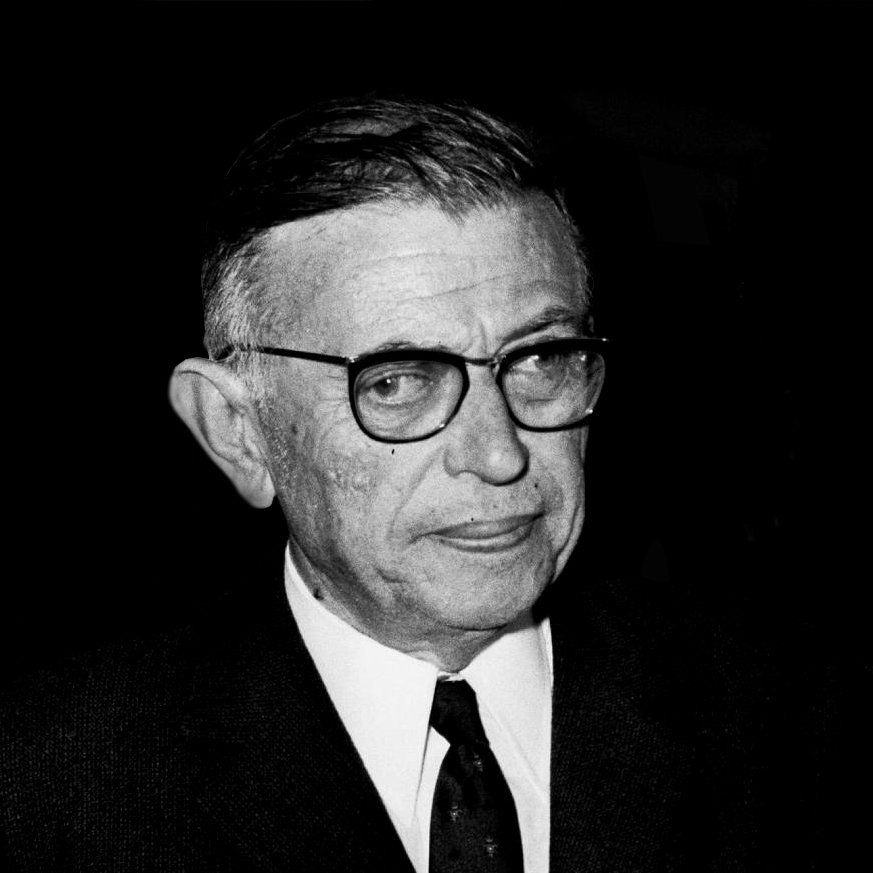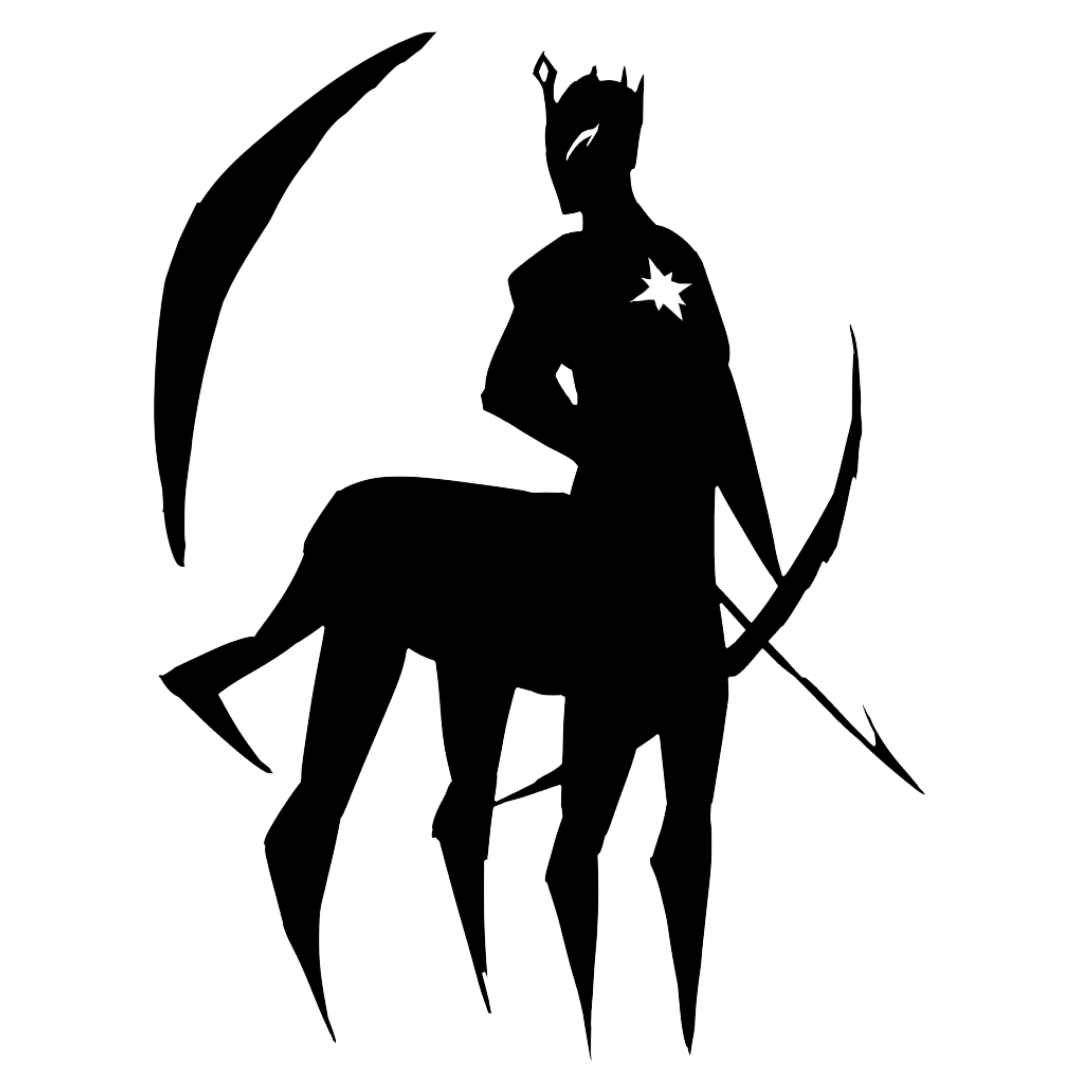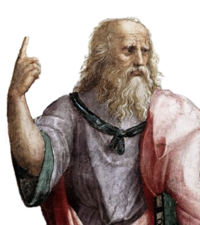This bibliography is beginner-friendly but it is still philosophy. Philosophy means “love of wisdom.” Loving wisdom takes time, and so does reading about it. Read slowly and forget about time. If you need to spend an entire week or a whole month on one sentence, you are certainly reading right.
Why read philosophy when you are a poet or an artist? Because creativity may be born in emotion, but it comes into
fruition with the intellect.
The purpose of philosophy
Philosophy is not meant to be entertaining, rather thought-provoking. Philosophy develops intellectual power which comes into play in decision making and reasoning.
Decision making precedes any activity, including introspection, creativity, and skill development. As a poet or an artist, you must be able to choose among a set of ideas the one which
deserves manifestation. So, decision making is critical to creativity and orients your work. In other words, effective reasoning determines visionary creativity and poor reasoning yields cryptic (and very forgettable) production.
Also, for some of us–I suspect poets and aspirant polymaths–philosophy bridges the mind and the spirit, thus prepares us to find the direct path to spiritual enlightenment.
Aesthetics and philosophy
Beauty is the artist’s prima materia. To be able to discriminate the beautiful from the distasteful, you need to rely on your own perception but perception can be informed, provided you are teachable. Philosophy will help you train and enrich how you perceive life, and develop your discriminative power.
For all creators, intention is everything but decision making directs intention. The ability to take the right decisions comes from a well-trained intellect. So, strive to build a strong intellect. Become acquainted with unfamiliar, complex ideas, until you are able to understand them and infuse them into your art practices and existence.
Aesthetes seek proximity with the Beautiful, not the distasteful. Besides, bad taste will not get you published in Revue {R}évolution. This short list of Western philosophy classics will help you with that. Over time, we'll enhance it with Eastern Classics.
One last piece of advice: to develop your intellect, read Revue {R}.
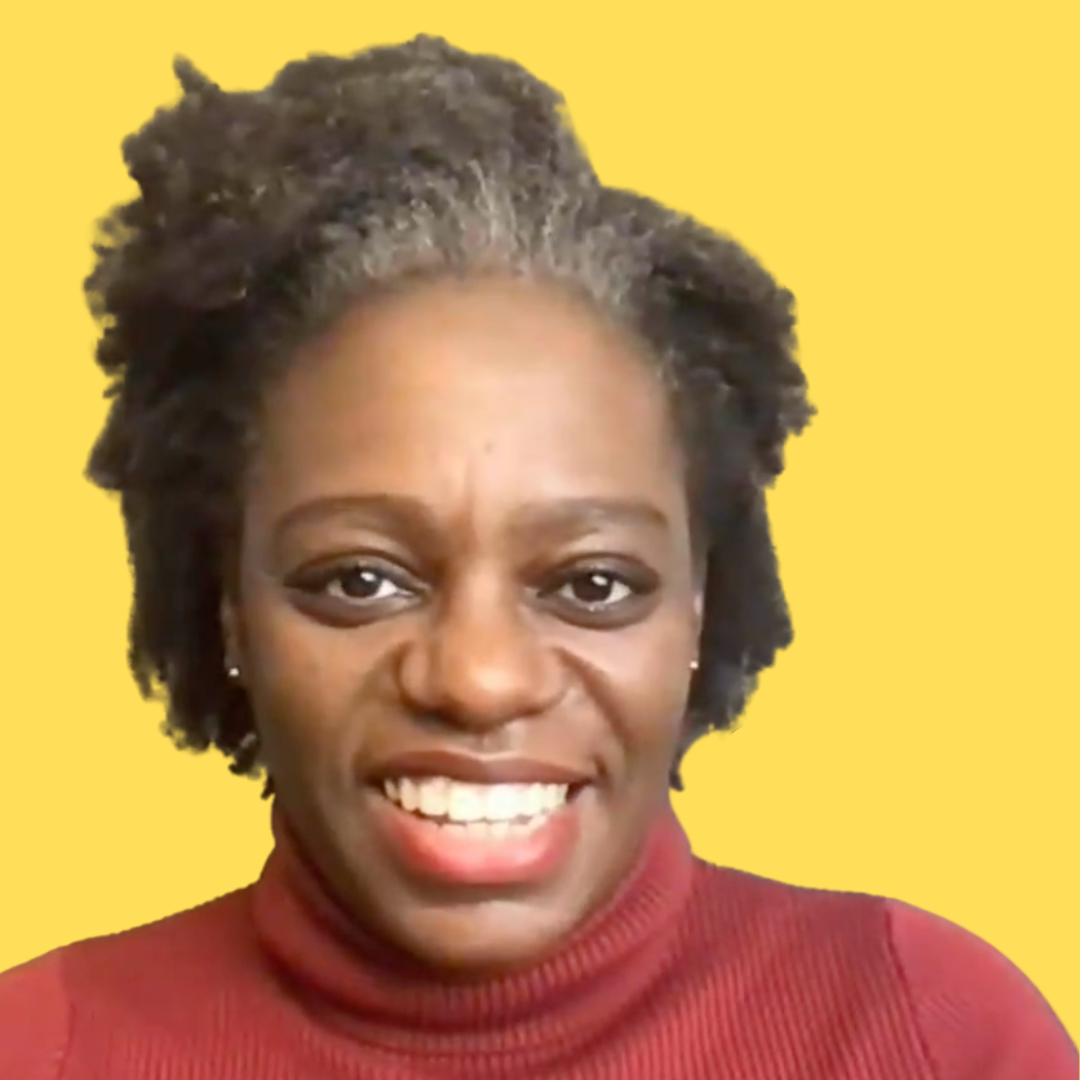
Murielle Mobengo
Poet, Editor-in-Chief
A shortlist of Western philosophy classics
For poets, artists, and aspirant polymaths
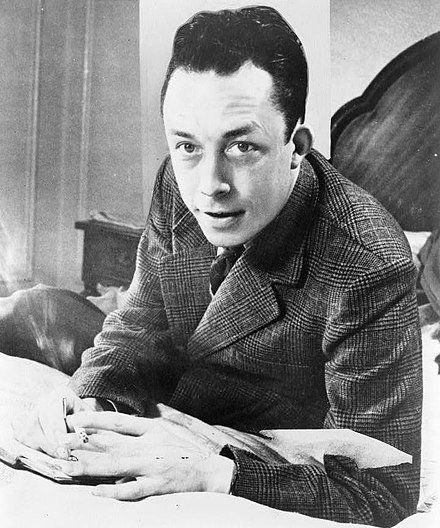
1. The Myth of Sysiphus
Albert Camus
A reflection on the apparent absurdity of existence using the archetype of Sysiphus, a king condemned to repeat the same task over and over. Reading the original version in French is better.
2. Thus Spake Zarathustra
Friedrich Nietzsche
A Book for All and None. A masterpiece of symbolism, storytelling, and metaphysics. Nietzsche was a visionary. I haven't read it in German, but it must be a treat. If you can, read Nietzsche in his native language.
Rule of thumb for aspirant polymaths & poets seeking to write with novelty and refinement: Read bilingual versions of classics. You'll thank us one day.
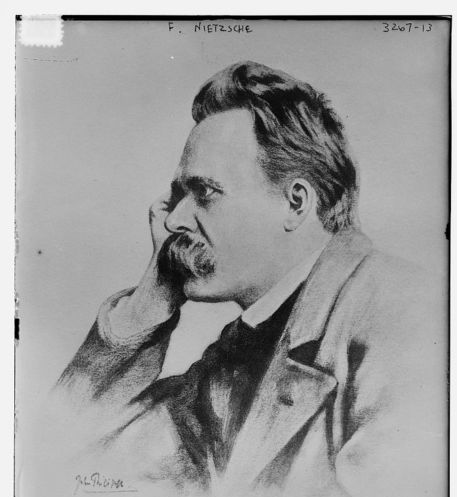
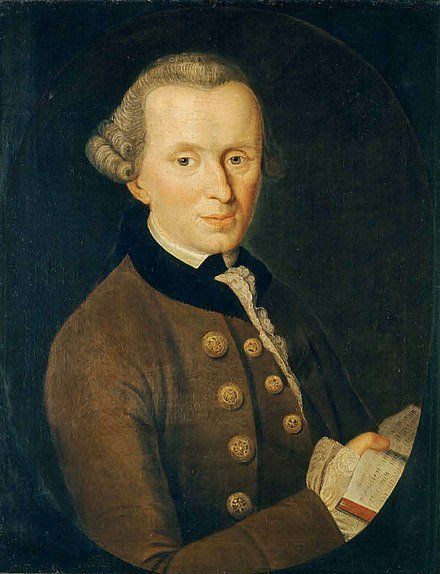
3. Critique of Judgment
Immanuel Kant (1724-1804)
Artists: Jump to Analytic of the Beautiful. Poets: focus on Analytic of the Sublime. Kant's genius resides in a simple question he resigned himself to ask:
What can I know?
4. The Complete Works of Arthur Schopenhauer
Arthur Schopenhauer
(1788–1860)
A constant rhetorical delight, but not only. After reading any text by Schopenhauer, you will be able to debunk bad faith. You may even become a sharp thinker and ferocious debater.
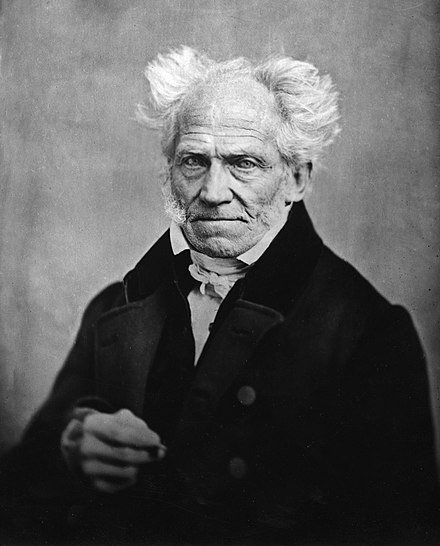
6. Poetics
Aristotle
(384–322 BCE)
Poetics is the foundational text of Western poetry, ethics, and tragedy, which are all related. Aristotle observed and theorized key concepts about creativity, art, and coined the principle of "catharsis."
As a poet or artist, you need to understand what a catharsis is, and what it implies.
Aristotle is also one of the father of modern sciences, and was the preceptor of Alexander The Great. A polymath you want to learn from. A must read.
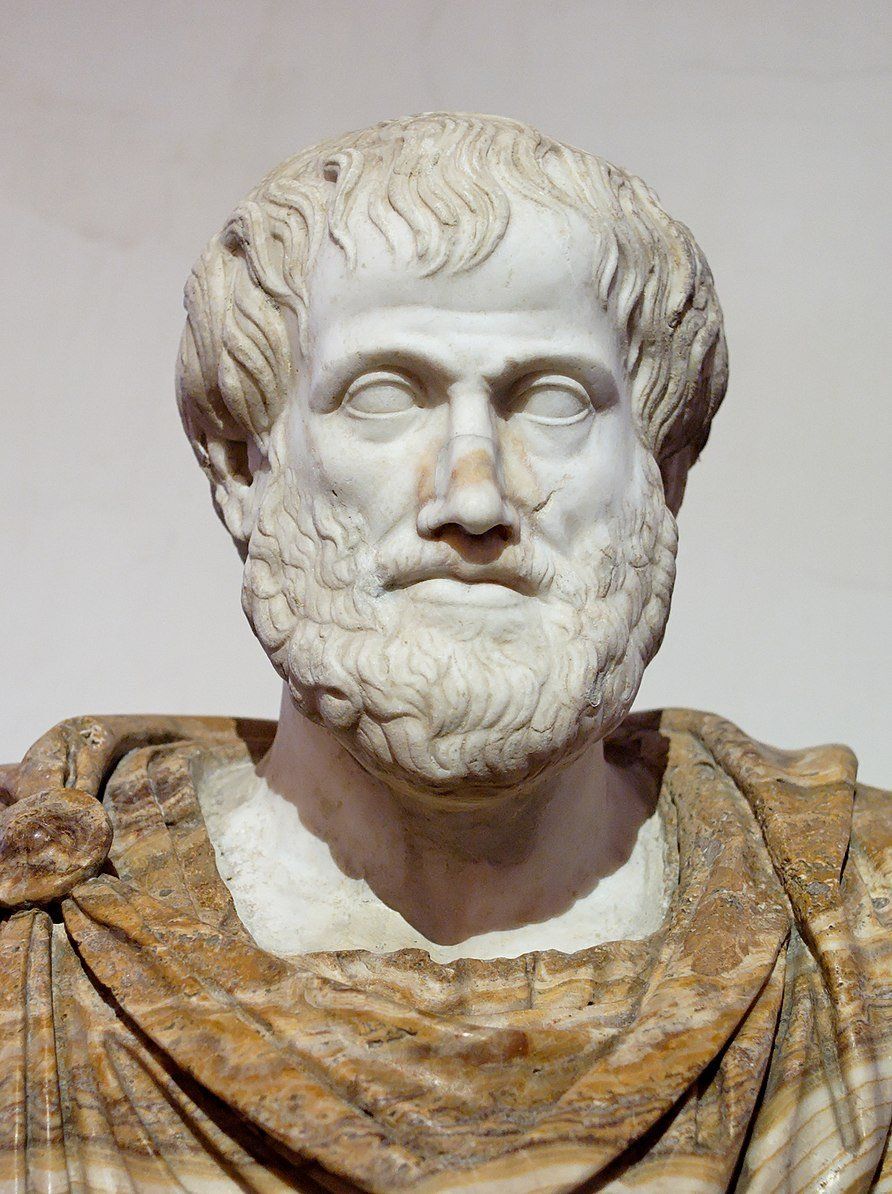
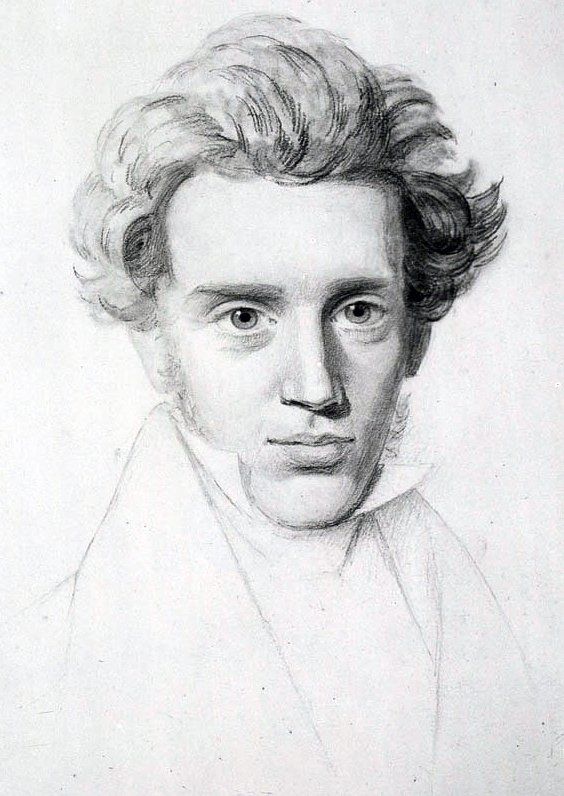
7. The Complete Works of Søren Kierkegaard
Søren Kierkegaard (1813-1855)
We recommend the insightful
The Sickness Unto Death. (probably translated as Le Traité du Désespoir in French), but also any other book by this brilliant and warm philosopher. Kierkegaard’s work
deserves your attention.
8. Existentialism is a Humanism
Jean-Paul Sartre (1905–1980)
This tiny book is an initiation to phenomenology, the next serious field of investigation for aspirant polymaths. Sartre has coined the thought-provoking phrase l'enfer, c'est les autres which will force you to inquire the self.
Although he was also a playwright and a novelist, we recommend that you stick to its philosophy books where his intellect shines.
To supplement or illustrate existentialism with stories, rather read Albert Camus, a fantastic storyteller. Read The Plague, The Fall, and a brilliant philosophy & history treatise: The Rebel.
Practice your French and read bilingual versions if you can.
